Conservation
All Conservation Content
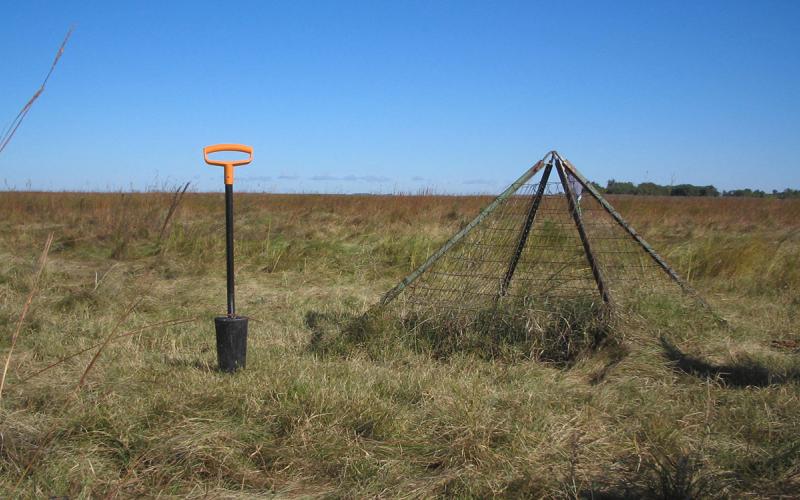
Monitoring Success
While periodic monitoring is necessary for continued success, a thorough evaluation in the first few months will tell you a lot about grazing levels, benefits to livestock and livestock-to-acre ratio.
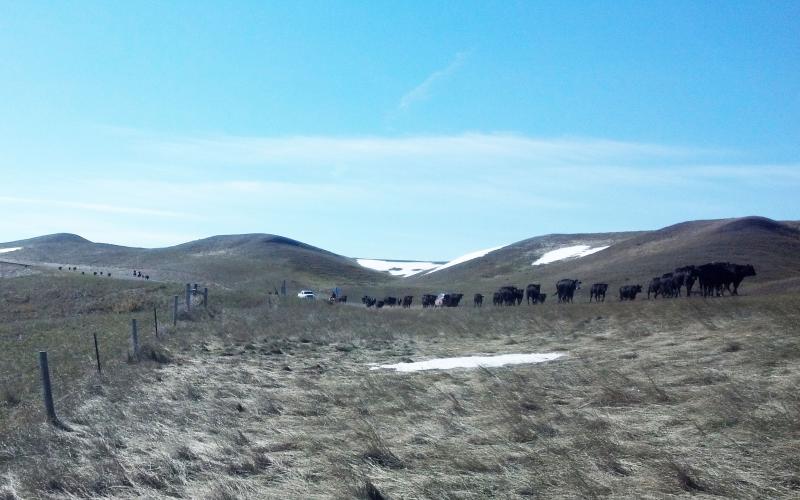
Winter Grazing
The predominant factor in winter grazing is ensuring adequate forage availability while considering long-term range health. When managed correctly, grazing winter range can be a viable option for controlling feed costs without negatively impacting rangelands.
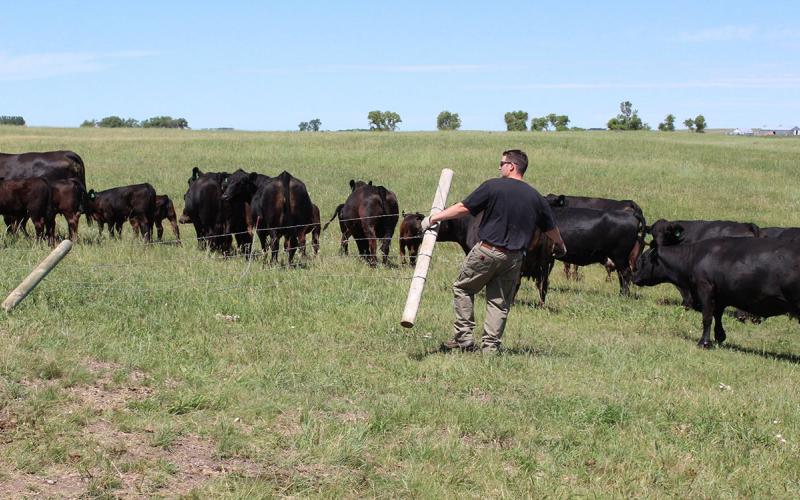
Grazing Contracting
For those who own grasslands not typically grazed, or for those looking for a better contract basis, there are several grazing contract options that can be explored.
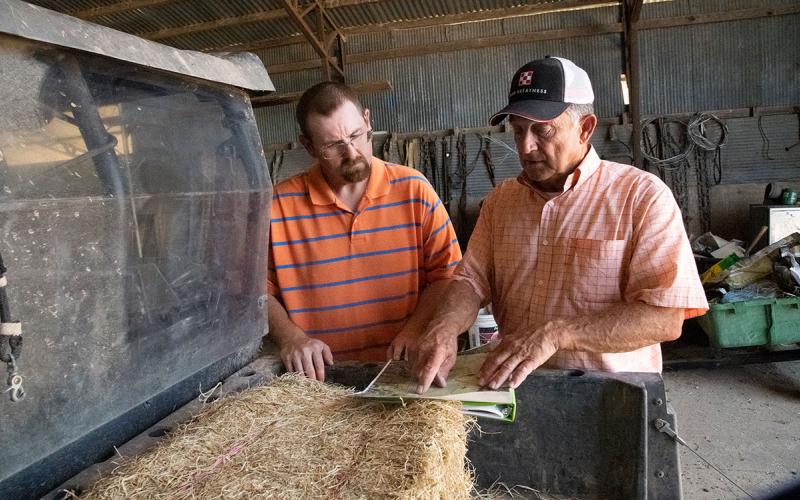
Hay Harvest Contracting
For those landowners who typically lease or harvest grasslands for hay, contracting for services is a learned business that can have local variations in how the grass and associated services are valued.
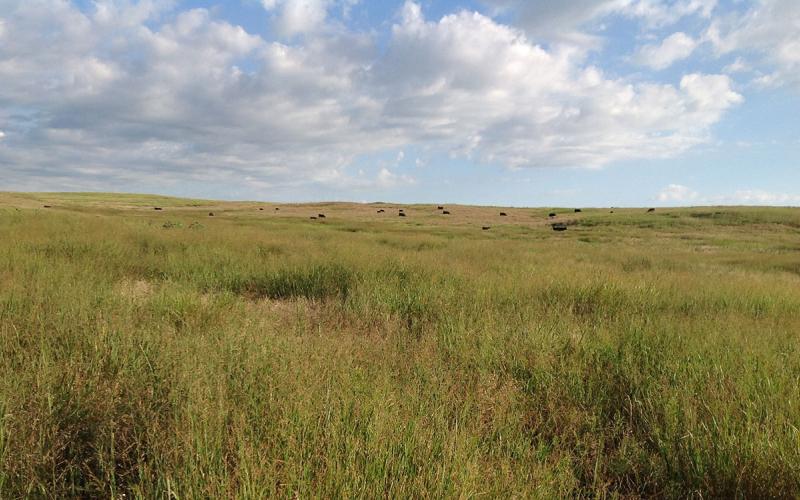
When To Graze and How Much To Graze
While every grazing management system is unique, there are a few similarities between systems when determining when to graze. Learn some of the factors to consider to avoid overgrazing.
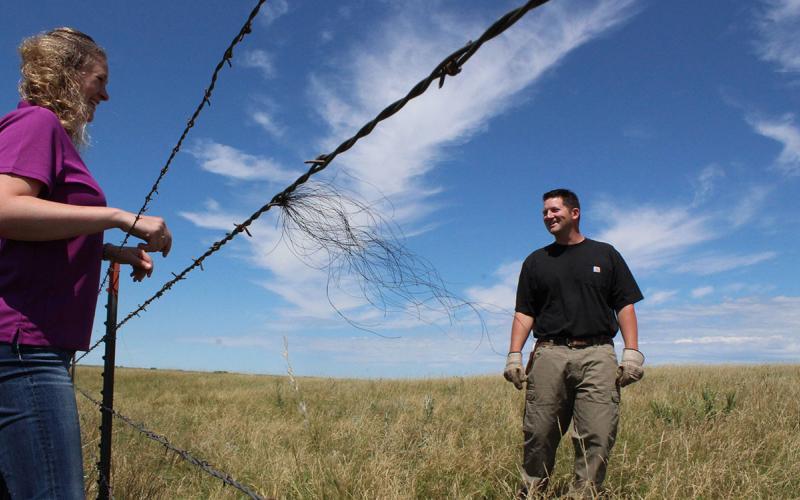
Designing a Grazing Program
The development of a successful grazing management program begins with a mental inventory and an observation of what is happening that you would like to change. Next, consider what you are willing to do to make that change.
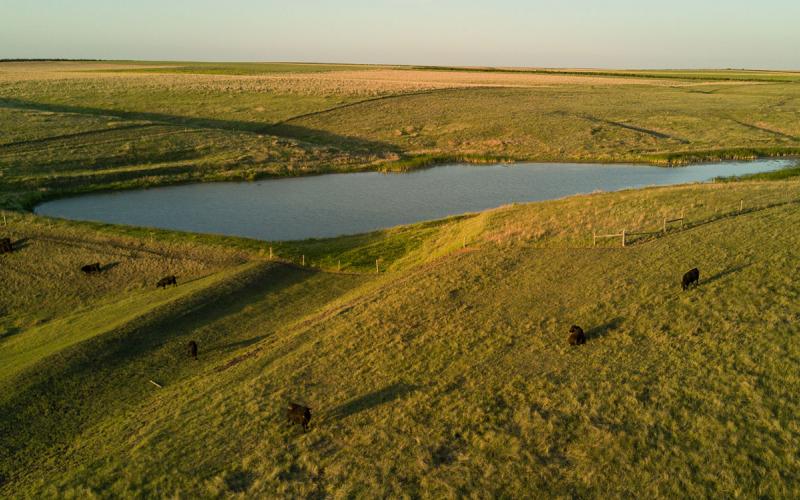
Grazing Systems
According to rangeland and pasture specialists, there are four basic types of grazing systems, including: continuous grazing, deferred rotational grazing, rest rotational grazing and management-intensive grazing.
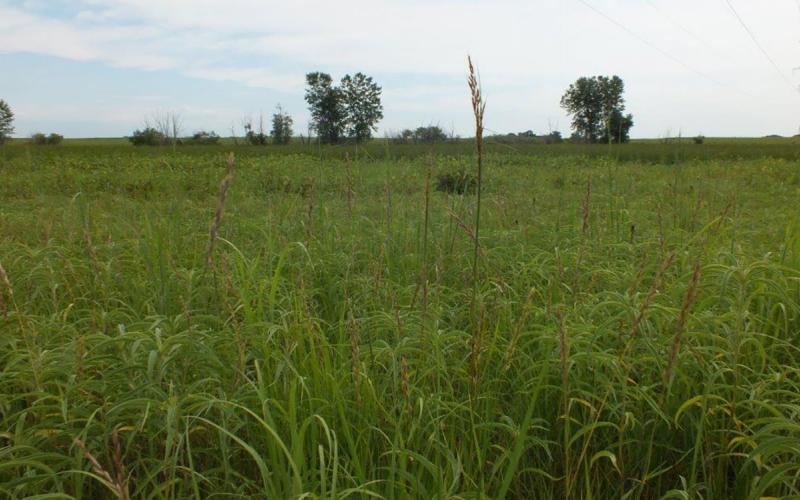
Warm and Cool-Season Grasses
Grasses are often divided into two groups based on their season of growth. Cool-season grasses grow in the early part of the growing season (spring and early summer), while warm-season grasses grow later in the season (early summer to late summer).
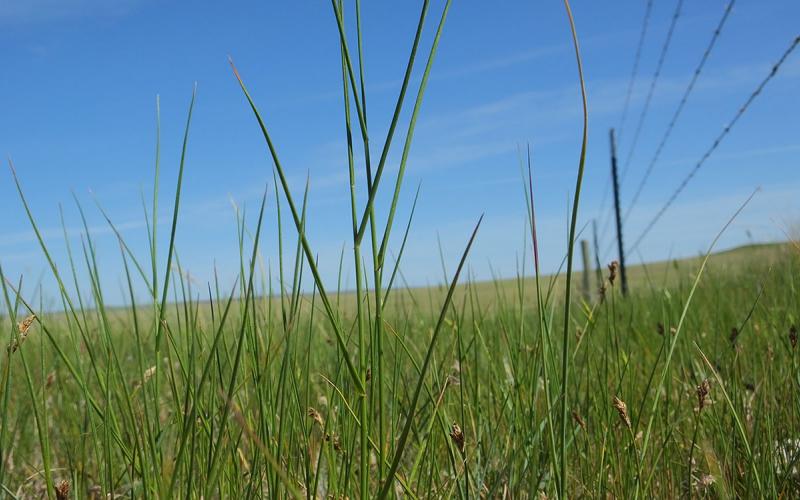
Native Species
Native grassland species are a vital part of South Dakota’s livestock industry. Native species tend to be well adapted to the soils and climate of a specific area, and they are typically less susceptible to disease, pests, drought and other ailments.
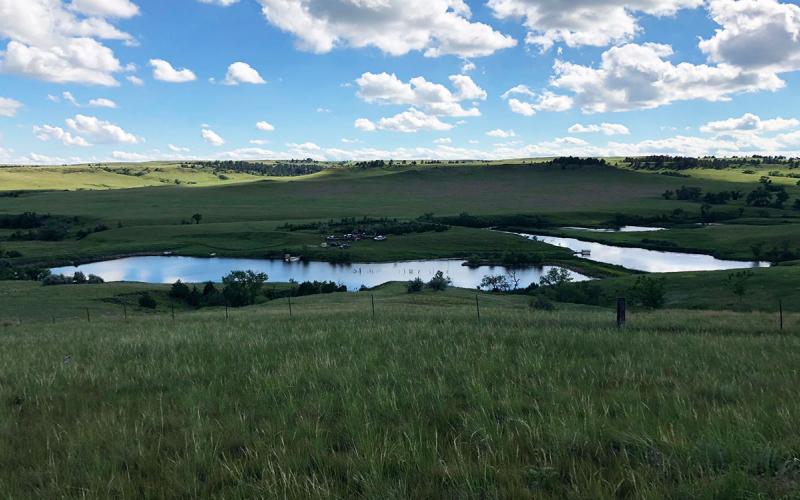
Why Grassland Management?
Grassland management involves more than simply moving livestock from one pasture to the next. Successful grassland managers are educated in grassland health and strive to improve their personal understanding of key grassland components.